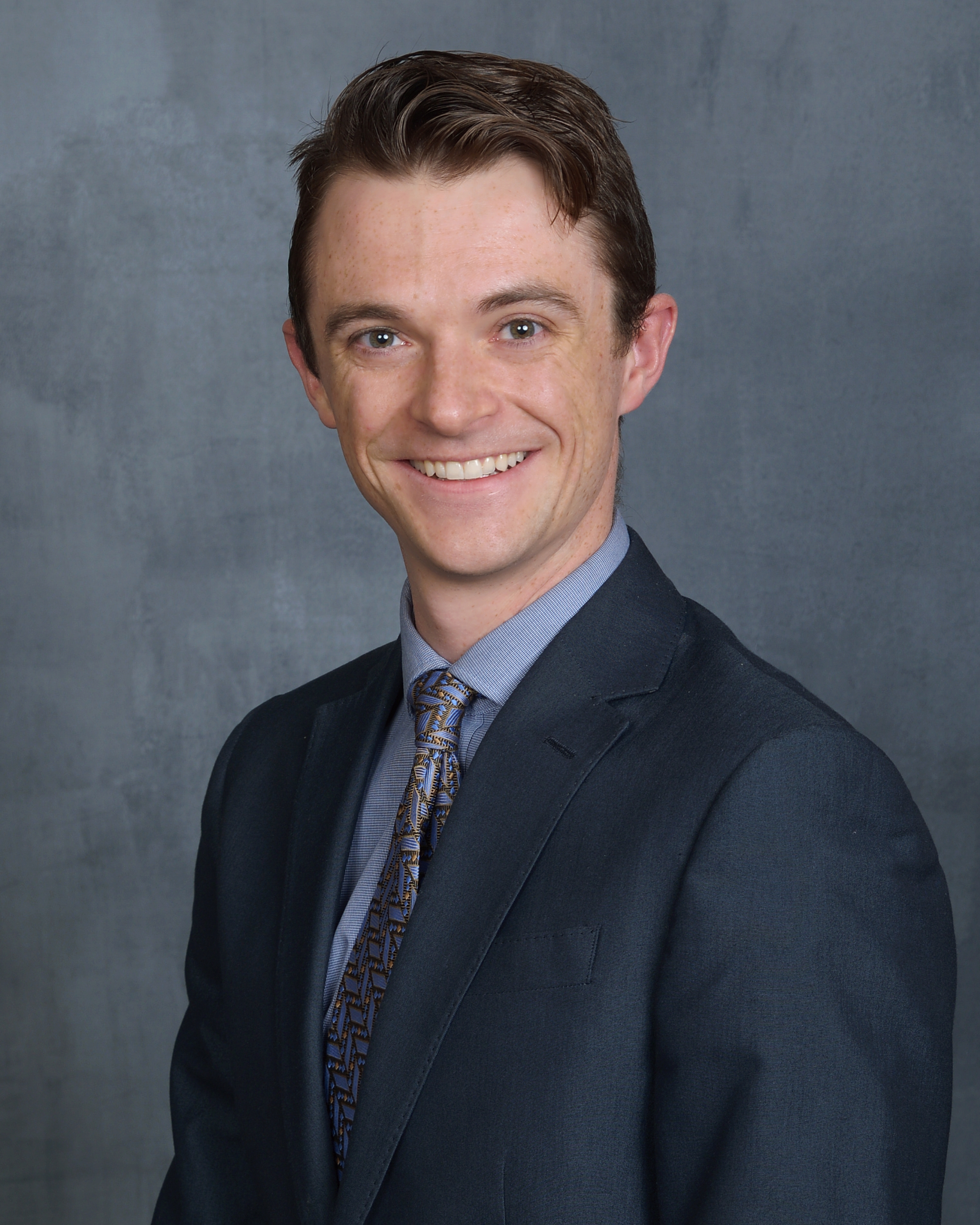

Matthew Baer grew up in a family, community, and culture that emphasized service to others. During his last two years of high school he started thinking of professions which would maximize this and came up with teacher, researcher, and doctor. Since Matt also happened to be interested in science, he came to the University of Portland and started working his way toward a BS in Biochemistry.
Matt explored many options during his time at UP: did some research, tutored students in a variety of subjects, volunteered with a hospice center, and shadowed local physicians. In the end he found myself called to medicine as it combined all of these paths: educating the patient, researching a multitude of topics, and providing a much-needed service to others. Matt was accepted at Creighton University School of Medicine in 2016, and is now doing his 3rd year clinical rotations out in Phoenix, AZ, and is planning on applying to Family Medicine residency.
1. What is the best part of your role as a medical student / health care provider?
My two favorite aspects of this job: patient interaction and making a team. It really is a skill to approach someone who is ill (and most likely scared) and offer guidance in a way they understand and which helps to create a type of friendship (another way of saying it is a "therapeutic alliance"). It's a skill which many of doctors spend their entire careers perfecting and can be one of the most difficult aspects of medicine (especially as a medical student). The other role which is tied for "best part of the job" would have to be the team building. The entire day of the medical provider is spent making teams, being a part of teams, or communicating between teams. If you enjoy group projects, escape the room challenges, or the game Pictionary, medicine might be for you. It's not always easy, but when you have a group of people that really clicks, it's an absolute blast.
2. How did your time at UP help you with your career path? (involvement, academics, research, advising, etc.)
Personally, I felt I didn't utilize all the resources as much as I could have. Looking back, I would have been more active in some of the pre-med activities, I would definitively have been even more involved in research, and also would have taken advantage of some informational interviews with medical providers just to get a sense of their lives (you can definitely get this from shadowing as well, but usually the doctors is really busy and doesn't have time to answer your questions about stuff that does really matter like "How much free time do you have?", "Are you happy with this career choice?", "How do you combat burnout?"). If I could do it over again, definitely take full advantage of the advisors on campus EARLY. If you even have a glimmer of a thought of doing medicine, getting advice one way or the other is super helpful for building a smooth path to acceptance.
3. What are your favorite memories of UP / any highlights?
Gosh. Many highlights; making me very nostalgic just thinking about it. UP was a truly amazing place for college. Really enjoyed my time in the dorms (Schoenfeldt); made some lifelong friends there. Portland is just such an interesting city and beautiful really anytime of year. One great tradition we'd have would be to wait until it got rather cold in fall and winter, then head to the Kenna dry sauna for a marathon sweat session. BUT springtime on campus was amazing. The weather starts getting warmer, the trees bloom, and then there are those rain storms that cool everything off in the evenings... great times. Overall, the highlight of UP was living with and being close to people who really cared for your well-being; whether it was friends, professors, or random students everyone seemed welling to help.
4. What advice would you give aspiring pre-health types?
Firstly, thank you for considering medical care! We could really use more nurses, PT, OT, and physicians and you will always have a job. That being said, my advice is to really think about the reasons why you want to go into the field. There are many right reasons to pursue medicine BUT be really careful about getting into this field for the wrong reasons. Money, power, high social standing, parental pressure, and cultural pressure are bad reasons to get into medicine. I find this is not stressed enough with pre-meds. Many of my fellow medical students whom I have spoken to about this agree and say "you'll be extremely unhappy if you are here for the wrong reasons". That being said, if you enjoy aiding the sick and dying, can empathize with homeless drug users, and are passionate about creating healthy communities, this is a dream job.